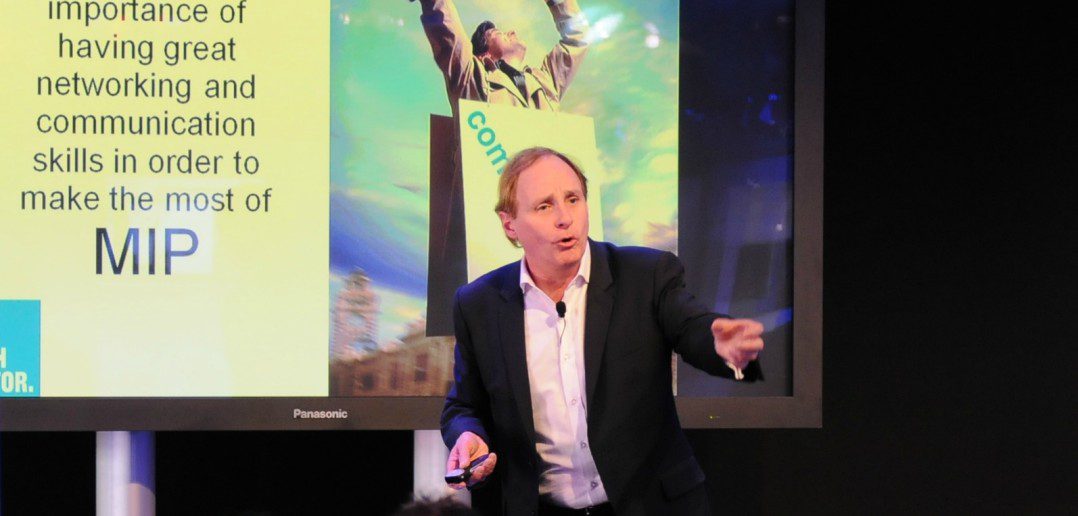What’s your biggest challenge as a producer?
I’m going to suggest that it’s managing risk.
Let me explain: you have a great idea and you believe it has the potential to be The Next Big Thing. All you need to do is convince a commissioning editor that it’s as good as you say it is. This is the moment you enter risk territory — and it’s the same unknown territory that retailers visit make when they invest thousands in a groundbreaking product in the hope their customers will want it.
One of the side-effects of risk is that it affects the way you pitch. It makes you emotionally involved. It makes you biased. And it can even make you desperate. You can end up focusing on the wrong things in your effort to persuade the commissioner to see what you see, and feel what you feel.
Think of something that you buy every week, such as bread. How do you feel about that purchasing decision? I’m guessing pretty relaxed. Now think about buying a new car or a new home. Still as relaxed? It would be strange if you were. The difference is, of course, your perception of risk involved. If you don’t like the bread, you simply buy some more. If you don’t like the car, you’ve lost money. Actually, in absolute terms, you’ve lost money in both cases — just varying degrees of it.
But wait. Is that necessarily a bad thing?
You can look at the ‘mistake’ as costing you money, or you can regard it as an investment in the future. Now you know not to buy that brand of bread again, regardless of how much you like the amusing advert. Buying the wrong car was a more expensive lesson, but you could say that makes it a more valuable one.
When you pitch to a commissioning editor, he or she may well be approaching your project as if they were buying a car. It’s a big risk, a big decision, a big hit if it all goes pear-shaped. There’s a heavy cost, from financial to loss of face, in getting it wrong — and that knowledge makes people cautious, or ‘risk averse’, as the modern jargon has it. And it’s not always a bad thing, risk aversion. Don’t we all wish those people working in investment banks back in 2008 had been a little more risk averse?
In my Practical Pitching For Producers workshop, I’m going to show you how to pitch more successfully and, to do that, I’ll be letting you into some of the secrets of outstanding pitchers.
One of those secrets is that outstanding pitchers minimise the perception of risk. They approach the pitch not as if they’re trying to get their pitchee to gamble their life savings on a new home but as if they were proposing they buy some bread.
Psychologists have long known that our perception of risk is relative — which is why expert pitchers know that they can change the way their audience views the risk attached to a project by changing the way they approach the pitch. Like everything, it’s simple when you know how.
Paul Boross, — aka The Pitch Doctor — specialises in the ‘art and science’ of corporate communication. For more pitching tips, follow him on Twitter; have a look at thepitchdoctor.tv; check out his book, thepitchingbible.com.
MIPTV will be all about producers, with:
– a dedicated business zone at the Gare Maritime (next to the Palais)
– a specialised conference programme – including Boross’ session, April 1, 11.00
– networking at the Producers’ Cocktail (April 1, 17.30: full events programme here)
– plus opportunities to meet the world’s top buyers
– and a super-low special rate for first timers.




